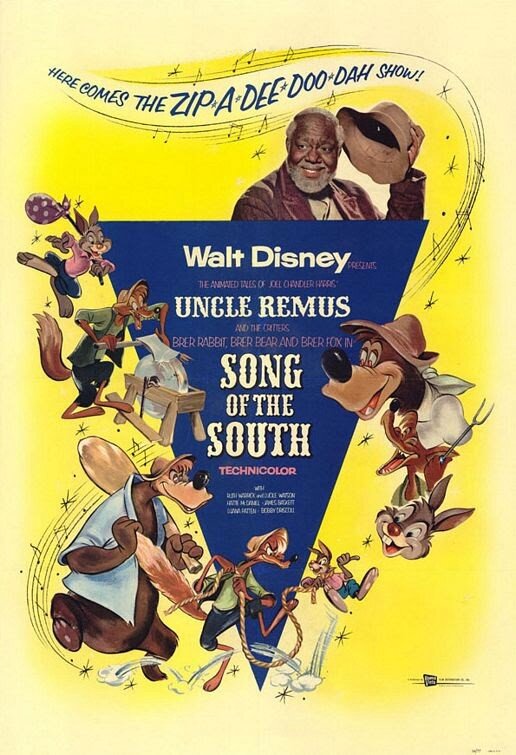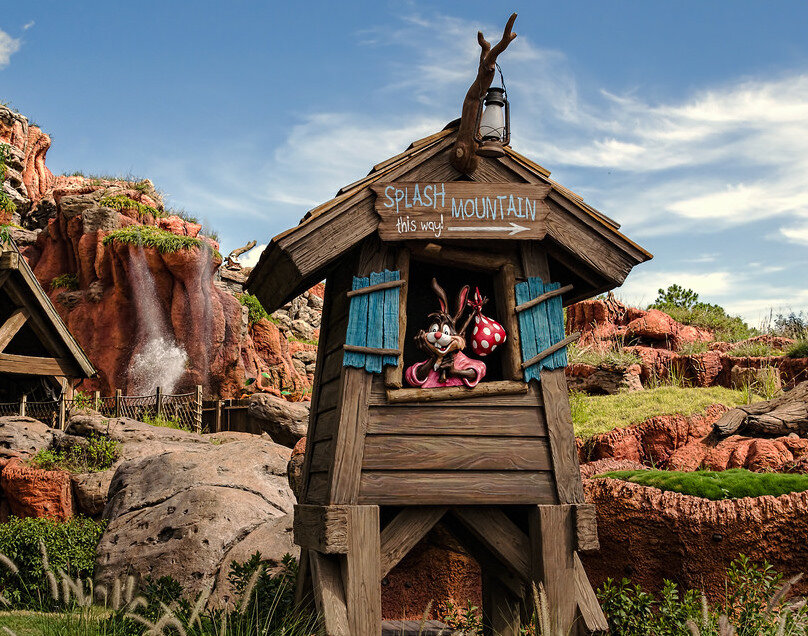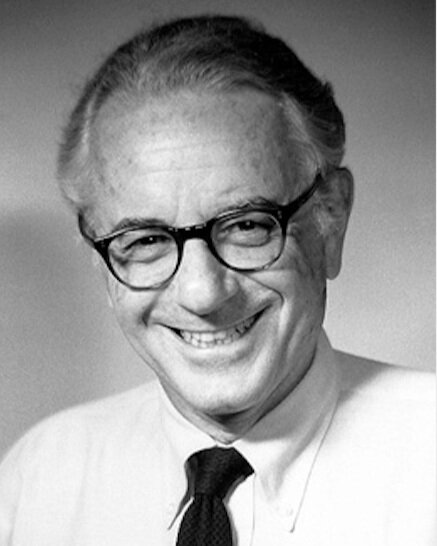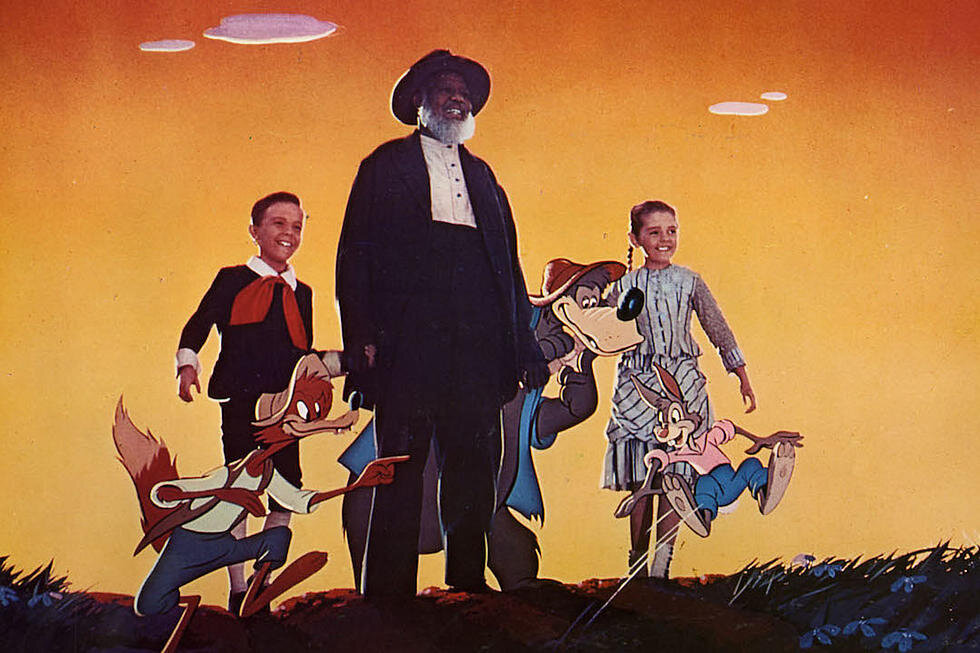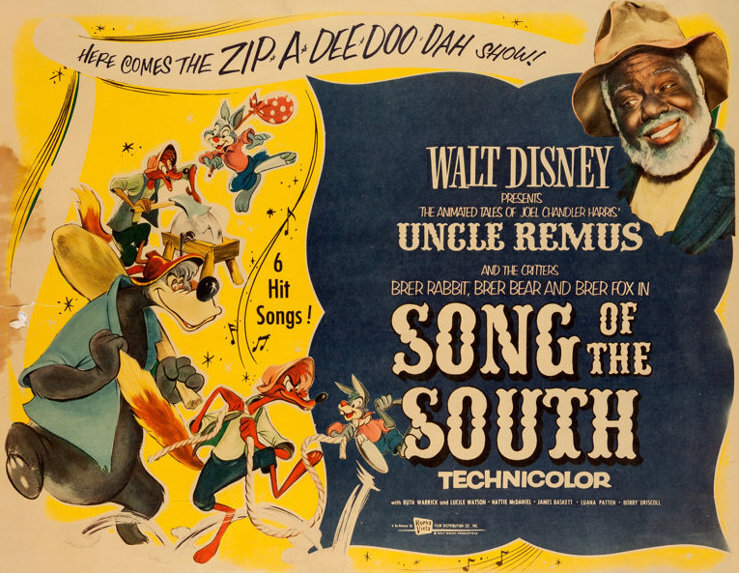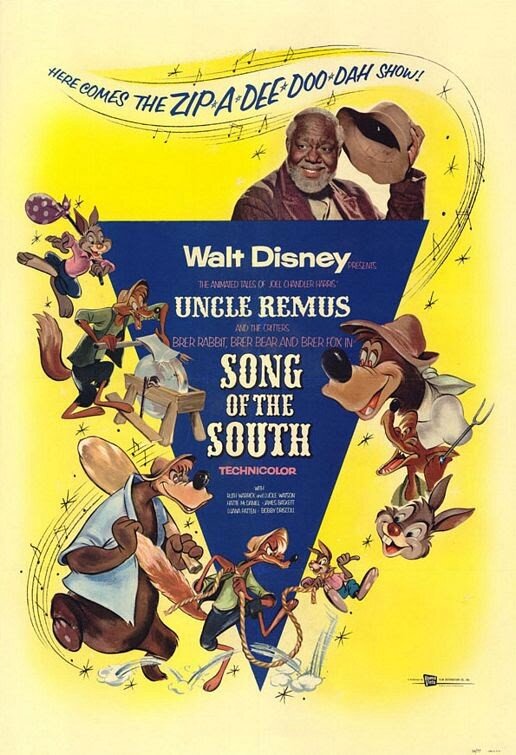The most controversial film in the history of Disney Animation, Song of the South is a live-action/animated hybrid about a little white boy and the former slave he befriends on a plantation in post-Civil War Georgia. The film was planned by Walt Disney to cash-in on nostalgia inspired by the release of Gone with the Wind. On its release in 1946, the movie was considered technically innovative, but hopelessly retrograde in its presentation of African-Americans as grinning, singing servants who were happy to continue their circumstances of slavery post-Emancipation. And yet, Song of the South would go on to have a long, strange life into the 1980s and beyond.
Episodes:
DISNEY’S MOST CONTROVERSIAL FILM (SIX DEGREES OF SONG OF THE SOUTH, EPISODE 1): Disney Plus is launched with the stated intention of streaming the entire Disney library...except for Song of the South, the 1946 animation/live-action hybrid film set on a post-Civil War plantation, which was theatrically re-released as recently as 1986, served as the basis for the ride Splash Mountain, but has never been available in the US on home video. What is Song of the South, why did Disney make it, and why have they held the actual film from release, while finding other ways to profit off of it? Listen
HATTIE MCDANIEL (SIX DEGREES OF SONG OF THE SOUTH, EPISODE 2):
Song of the South co-stars Hattie McDaniel, the first black performer to win an Oscar, for her supporting role as “Mammy” in Gone with the Wind. By the time Song of the South was released, McDaniel was the subject of much criticism in the black community for propagating outdated stereotypes in her roles. But McDaniel actually began her career subverting those same stereotypes, first in black minstrel shows and then in Hollywood movies. Listen
Song of the South’s most famous element is “Zip-a-Dee-Doo-Dah,” a song written for the movie but reminiscent of a racist standard popularized in blackface minstrel shows of the 1830s. Today we’ll explore this song and the other ways in which minstrel imagery and tropes made their way into Song of the South and other animated and live action films of the first half of the 20th century. And, we'll talk about how all of this is related to Walt Disney's push to net Song of the South Oscars. Listen
WHITE ALLIES AND THE BLACKLIST: MAURICE RAPF (SIX DEGREES OF SONG OF THE SOUTH, EPISODE 4):
Concerned that his movie about a former slave devoting his life to a white child’s emotional needs might be perceived as racist, Walt Disney hired known Communist Maurice Rapf to rewrite Song of the South. Rapf, the son of an MGM exec, was radicalized as a college student and, shortly after Song of the South was released, he was blacklisted. Today we’ll discuss Rapf’s life and career, and talk about how white leftists in Hollywood tried to subvert the industry’s racial status quo--and how their mission to “make movies less bad” led to their own persecution. Listen
BLAXPLOITATION AND THE WHITE BACKLASH (SIX DEGREES OF SONG OF THE SOUTH, EPISODE 5):
Song of the South’s most successful re-release came in 1972, at a time when Hollywood was dealing with race by making two very different kinds of movies: Blaxploitation films, which gave black audiences a chance to see black characters triumph against white authority figures; and movies like Dirty Harry, which were emblematic of a concurrent cultural and political shift away from the Civil Rights Movement and toward Reagan-style Republicanism. Listen
SPLASH MOUNTAIN (SIX DEGREES OF SONG OF THE SOUTH, EPISODE 6):
After two more successful theatrical releases, in 1980 and 1986, Disney decided to put Song of the South in the “Disney Vault,” and never released it on home video or theatrically in the US ever again. And yet, at the same time, the company was developing a theme park ride around Song of the South’s characters and its most memorable song--but without Uncle Remus, or any signifiers of the complicated racial and historical dynamics the film, however clumsily, portrayed. Listen
